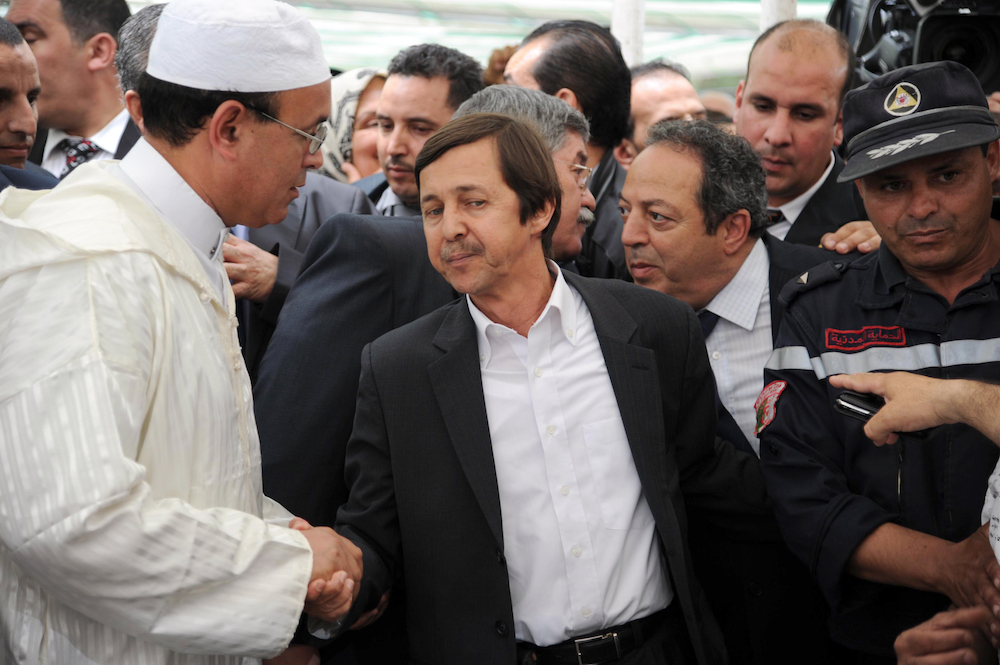Hardline Egyptian preacher receives 5-year sentence for court siege case
CAIRO: Hardline Egyptian preacher and politician Hazem Salah Abu Ismail’s five-year sentence for his involvement in besieging a court in Nasr City in 2012 has been upheld by the country’s top appeals court.
A Cairo court sentenced Abu Ismail and five others in January 2017 to five years in prison over the case, but they appealed against their sentences.
Abu Ismail was jailed for inciting and participating in violent demonstrations at Nasr City court in northeast Cairo in December 2012 demanding the release of one of his supporters, who had been arrested in possession of an automatic weapon, according to the police.
He and his supporters blocked the court’s entrance, barring anyone from entering or exiting, including prosecutors who were inside. The defendants used threats and violence against the prosecutors to try to coerce them into releasing the supporter, the prosecution said.
Earlier in 2012, Abu Ismail was disqualified from the presidential race that eventually brought Mohammed Mursi of the Muslim Brotherhood to power in June that year. Reports had emerged that Abu Ismail’s late mother held a US passport, meaning he was not eligible to run for the presidency.
Abu Ismail was arrested in July 2013, two days after Mursi was ousted following mass protests against his rule, and is currently serving a seven-year sentence for falsifying his candidacy application for the 2012 presidential race.

Egypt court upholds prison term for former anti-graft chiefEgyptian policeman sentenced to death for killing Christian father and son



